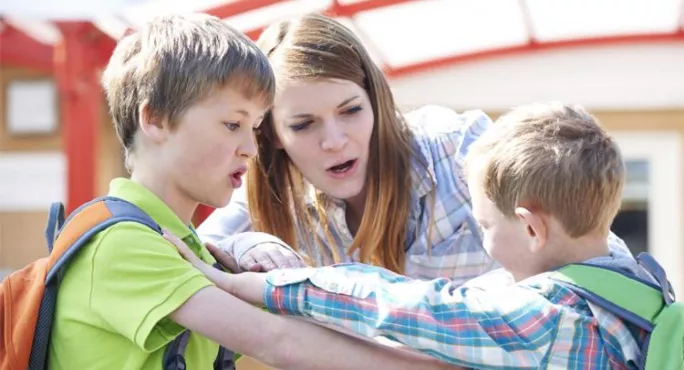As our schools reopen their doors to the full student body, it is important to remember that everyone has been impacted differently by Covid-19 and lockdown.
One group who have been particularly vulnerable are children on the SEND register and those with education, health and care plans. Each child is an individual and it is important to make sure that their learning and emotional needs are taken into consideration.
So, what can we do to support our SEND students after almost half a year away from the school environment?
SEND: Start with emotional support
As they return to school, many students will need social, emotional and mental health support before anything else. You cannot learn if you aren’t in the right frame of mind and don’t have a solid foundation of self-belief. Some students will be desperate to get back, see their friends and return to a structured environment. For others, it will feel completely overwhelming.
This will be particularly true for many autistic students. The communication challenges that are often associated with these needs may mean students are unable to express how they feel, which can prevent them from building up a support network. It is important that everyone from Sendcos to TAs plays their part in raising the confidence of these students again.
Students with other challenges, such as ADHD, may find that a sudden return to such a rigid environment is difficult. In extreme cases, there may be a need for a phased return on a partial timetable to allow students that chance to readjust.
The SEND label is very wide and children will be impacted in different ways. However, we know that students with learning needs are often also disproportionately affected by anxiety or other mental health challenges.
Assuming that children will be able to jump right back into the curriculum where they left off is unrealistic. A combination of creative work, opportunities to talk about and process what’s happened, and wellbeing interventions will be an essential part of the September transition.
Academic support must be flexible
Once students have been supported back into the school environment, it’s important to boost their confidence in their academic skills. This can be achieved in numerous ways - depending on the school’s resources and the needs of the child.
For example, some students may need to be taken out of a subject, or even drop a GCSE option where necessary, in order to focus on the core curriculum. Allowing a student to drop a subject in their timetable frees up space for intervention classes and pre-teaching. This allows students the chance to get back on track with their peers and to participate in the classroom again.
It is important to be aware that some students, particularly those that already struggled with their leaning, will not have accessed work since March. Seemingly simple tasks like writing in full sentences, or maintaining focus in a classroom, will be a serious challenge for some. Patience and extra academic guidance will be needed for many of these students.
See beyond the label
Students returning in September will each have their own challenges. A child with dyslexia may need support to re-implement their strategies and find their coloured overlays, but otherwise be quite content to make that transition supported largely by their peers. On the other hand, a student who has been a school refuser in the past may need much more active intervention and summer visits to build up to their return.
Even within those groups, a diagnosis like dyslexia impacts students in vastly different ways and it is important to keep that in mind. Whilst there will be a whole range of needs, it is crucial to be proactive wherever possible. The build-up to the return to school is an important opportunity to finalise plans for how the curriculum will be adjusted and to get support ready for our most vulnerable students.
Jo Boon is a literacy specialist at the Laurus Trust in Manchester
